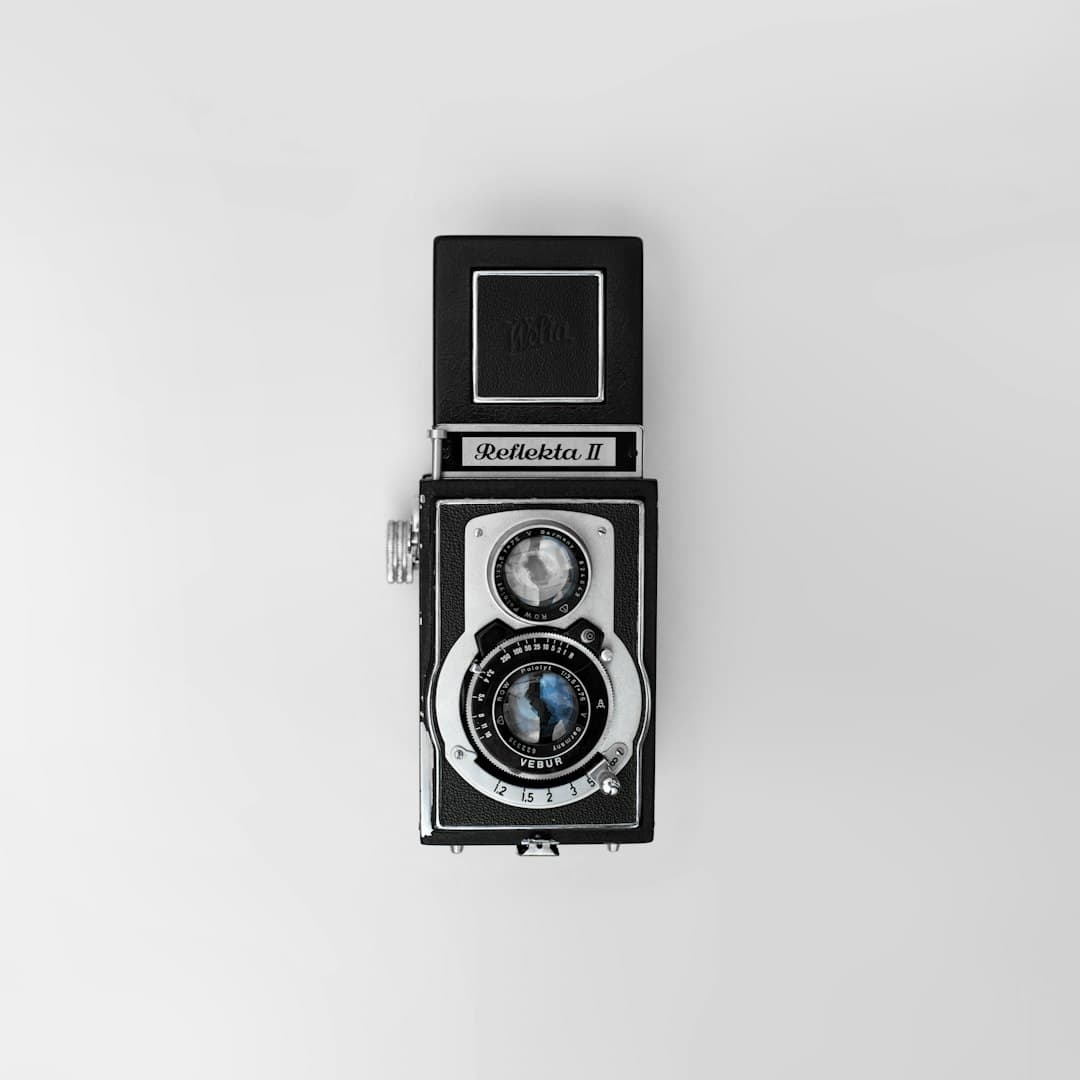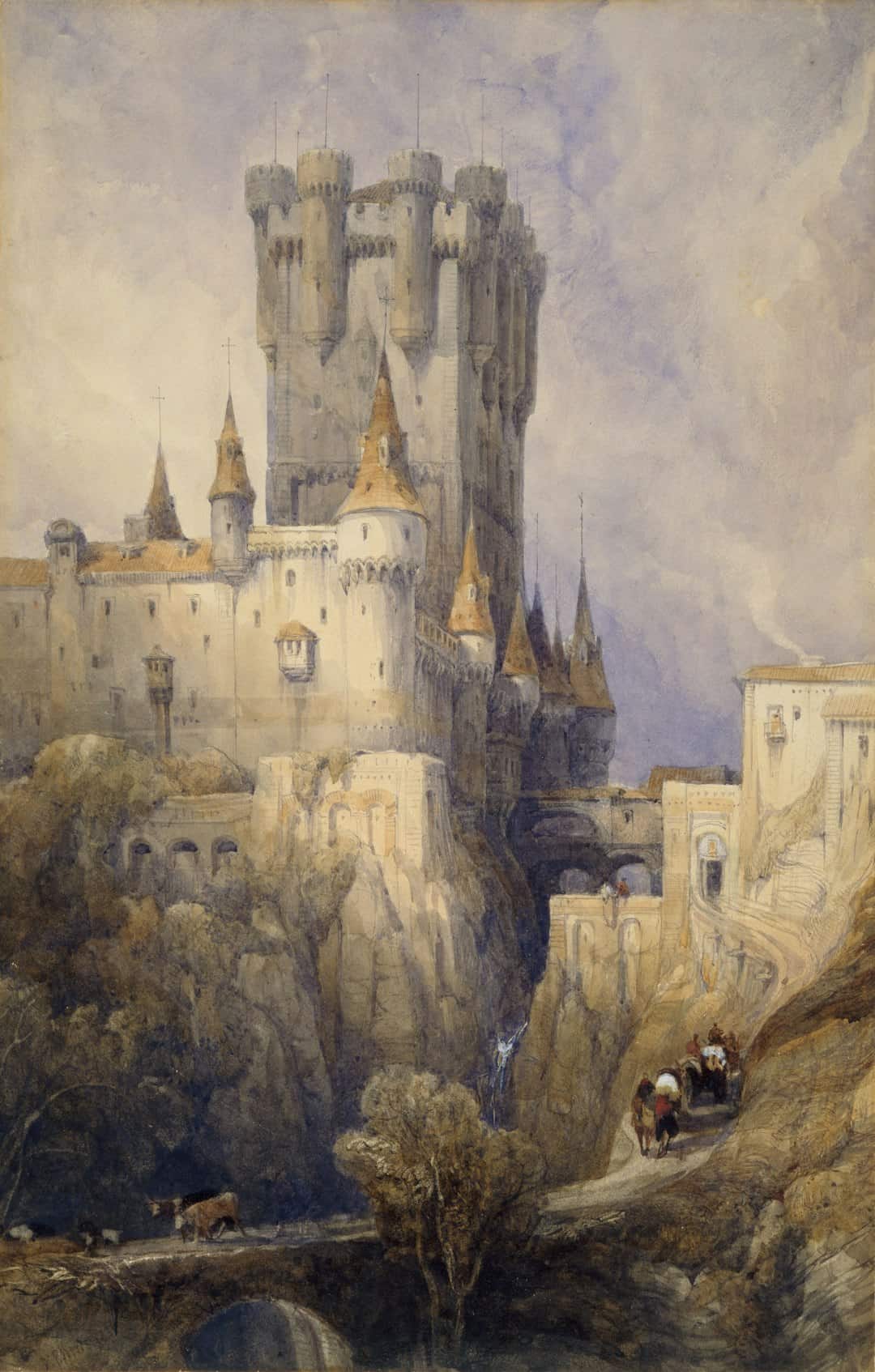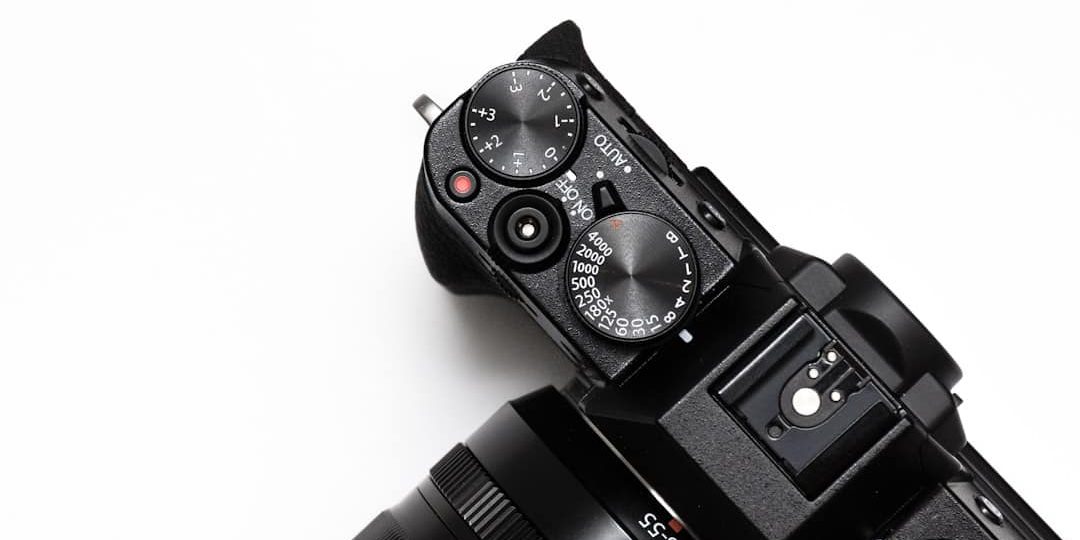In 2025, Artificial Intelligence (AI) is reshaping the landscape of photography in ways previously thought unimaginable. From image capture to post-processing and even content generation, AI-driven tools are now tightly integrated into the creative and technical processes of both amateur and professional photographers. This transformation is not just enhancing the artistic experience but also revolutionizing the workflow in commercial photography, journalism, and content creation.
Modern cameras come equipped with smart features that recognize scenes, optimize settings, and even suggest the best angle or composition for a shot. Enhanced facial recognition, subject tracking, and noise reduction algorithms are just a few examples of how AI is assisting photographers in real-time.

Perhaps one of the most groundbreaking changes is found in *post-processing*. Applications like Adobe Photoshop and Lightroom now use AI—in the form of machine learning and neural networks—to offer powerful editing suggestions. Tasks that once took hours can now be completed in minutes. These tools can remove objects, restore old photos, adjust lighting, and even generate realistic textures with little manual input.
The Democratization of Photography
AI is lowering the barriers to entry for newcomers in photography. User-friendly mobile apps use AI to stabilize shaky footage, auto-correct exposure errors, apply stylistic filters, and even simulate professional lighting. As a result, aspiring photographers can create outstanding visuals without needing advanced technical knowledge or high-end equipment.
In 2025, AI has become a foundational aspect of *educational platforms* in photography. Intelligent tutoring systems offer personalized feedback, recommend composition improvements, and help photographers refine their skills more effectively than ever before.
AI-Driven Creativity
While some skeptics fear that AI threatens human creativity, 2025 has proven otherwise. AI is not replacing artists—it’s augmenting them. Generative AI tools are helping photographers conceptualize new ideas, merge different visual styles, and even create composite landscapes that blend reality and imagination.

These technologies have also paved the way for *hyper-personalized content*, allowing brands and creators to design images tailored to specific audiences. AI tools analyze trends, viewer preferences, and emotional triggers to help photographers produce images that resonate deeply.
Challenges and Ethical Considerations
Despite its benefits, the rise of AI in photography brings several ethical challenges. Issues surrounding *authenticity* and *copyright* are becoming increasingly complex. For instance, when an AI generates or heavily modifies an image, determining ownership becomes murky. Furthermore, the ease of creating deepfakes or manipulated photos raises questions about trust and credibility in journalism.
To address these concerns, many industry leaders are advocating for transparency in AI-generated content. Tools that watermark or label AI-assisted photos are gaining traction, and lawmakers are beginning to draft policies to regulate the responsible use of AI in digital media.
The Future Outlook
Looking ahead, AI is expected to become even more predictive and responsive. Cameras may soon anticipate a photographer's next move based on behavior patterns. AI co-photographers, functioning as virtual assistants, could suggest settings, composition changes, or even take photos autonomously.
In sum, Artificial Intelligence in 2025 has become both a powerful tool and a creative ally to anyone wielding a camera. It enhances efficiency, democratizes artistry, and redefines the boundaries of what’s possible in the world of photography.
Frequently Asked Questions
-
Q: Can AI completely replace human photographers?
A: No, AI enhances photography by assisting with technical and creative tasks, but the artistic vision, emotion, and storytelling of human photographers remain irreplaceable. -
Q: Is AI editing software expensive?
A: While high-end platforms may have subscription fees, many mobile apps and beginner tools offer free or affordable AI-driven features. -
Q: Does using AI in photography affect photo authenticity?
A: It can, especially if AI is used to heavily manipulate or generate images. Many professionals use AI as a support tool while maintaining transparency about their editing process. -
Q: Are AI-generated images protected by copyright?
A: Legal guidelines continue to evolve. In many jurisdictions, copyright protection may not apply to images generated entirely by AI without human input. -
Q: How can beginners start using AI in photography?
A: Beginners can start with mobile apps like Snapseed or Lensa that use AI for enhancements, and gradually explore more advanced tools like Adobe’s AI features.





